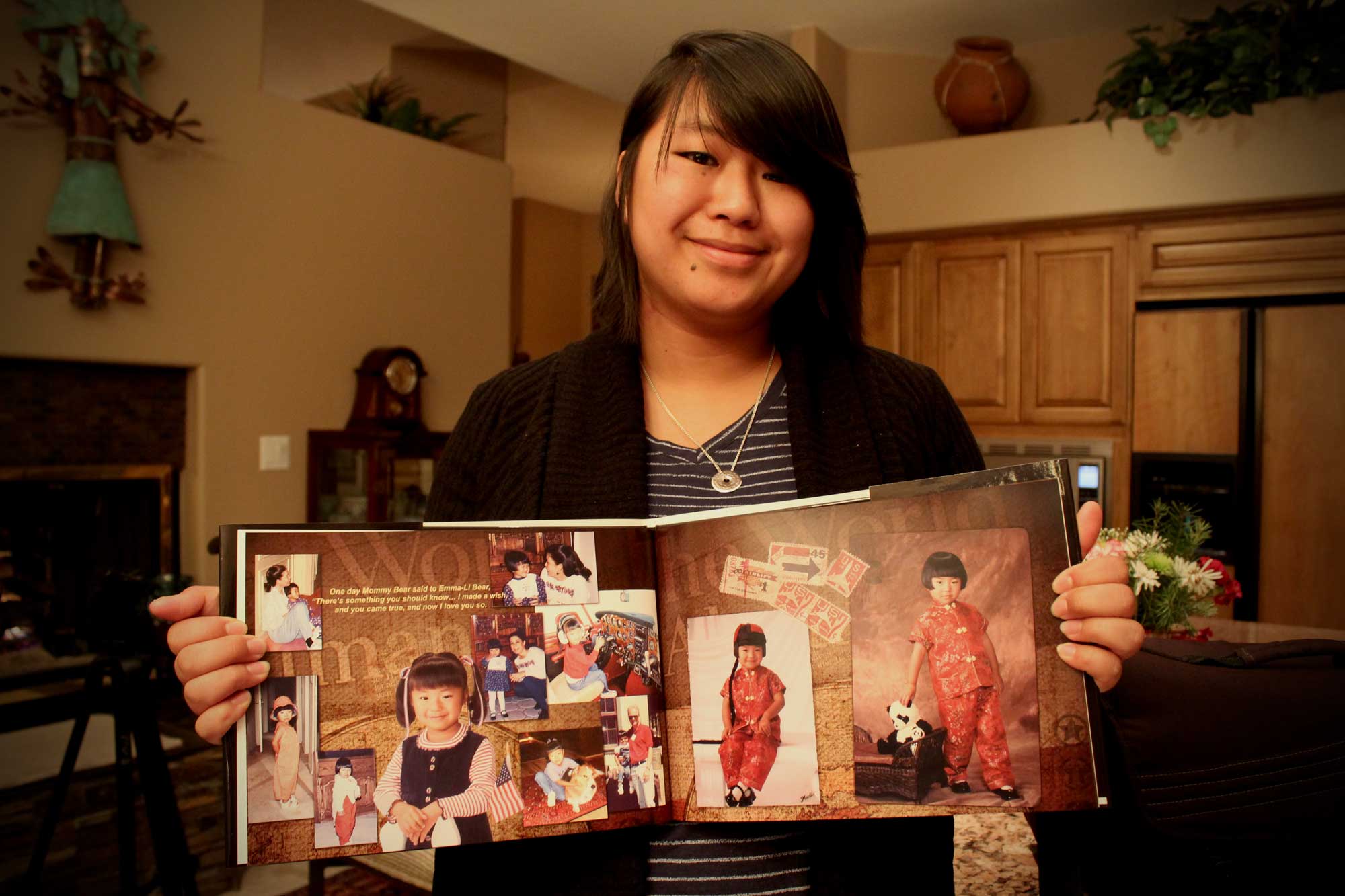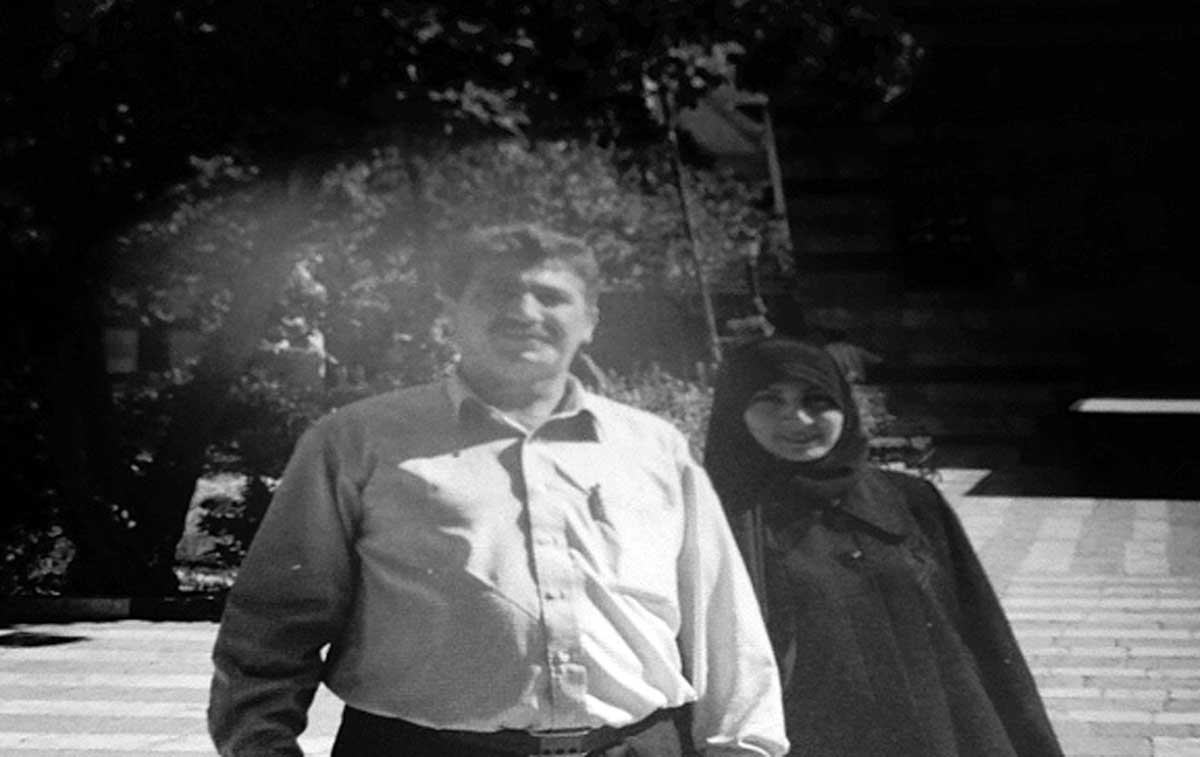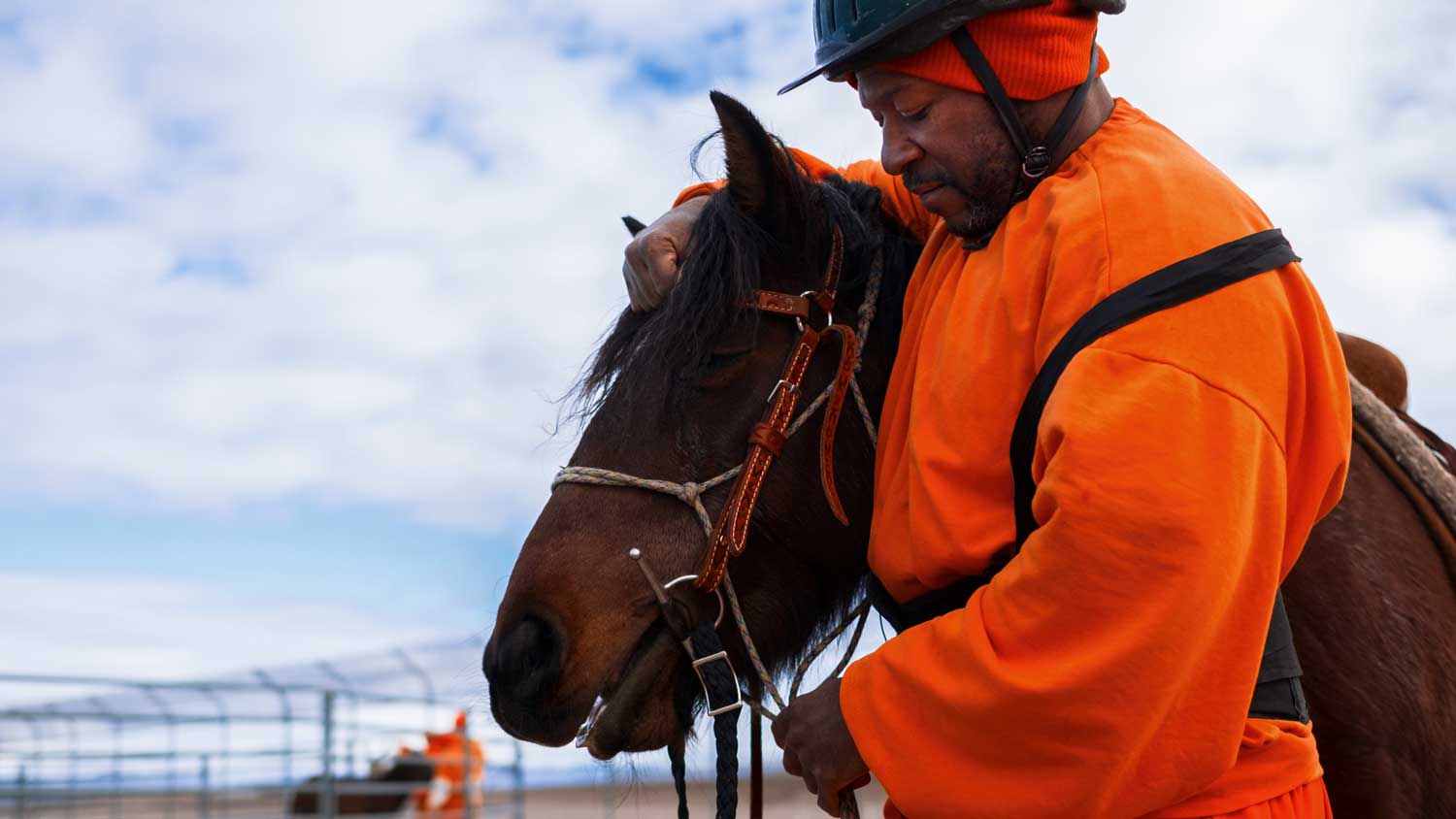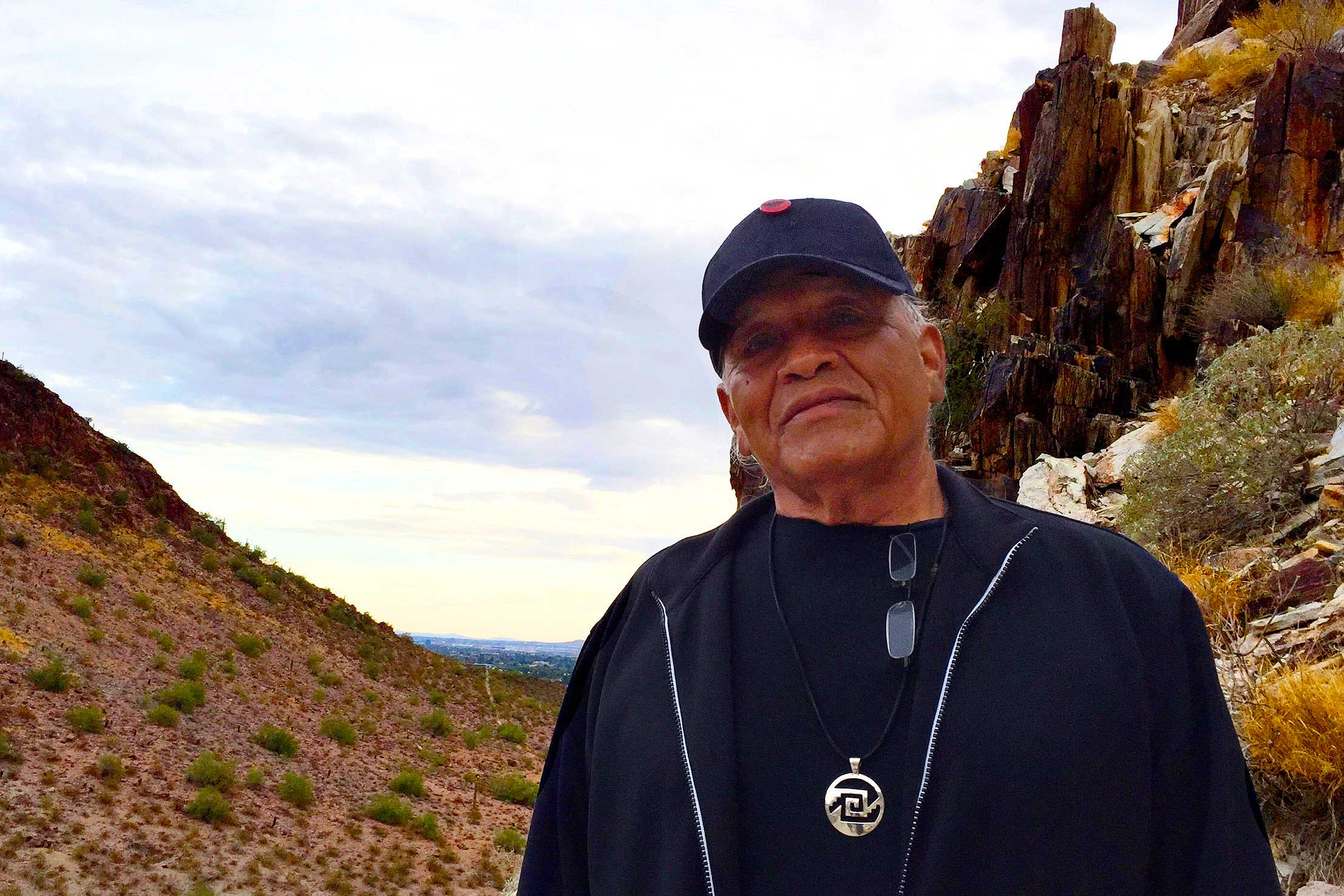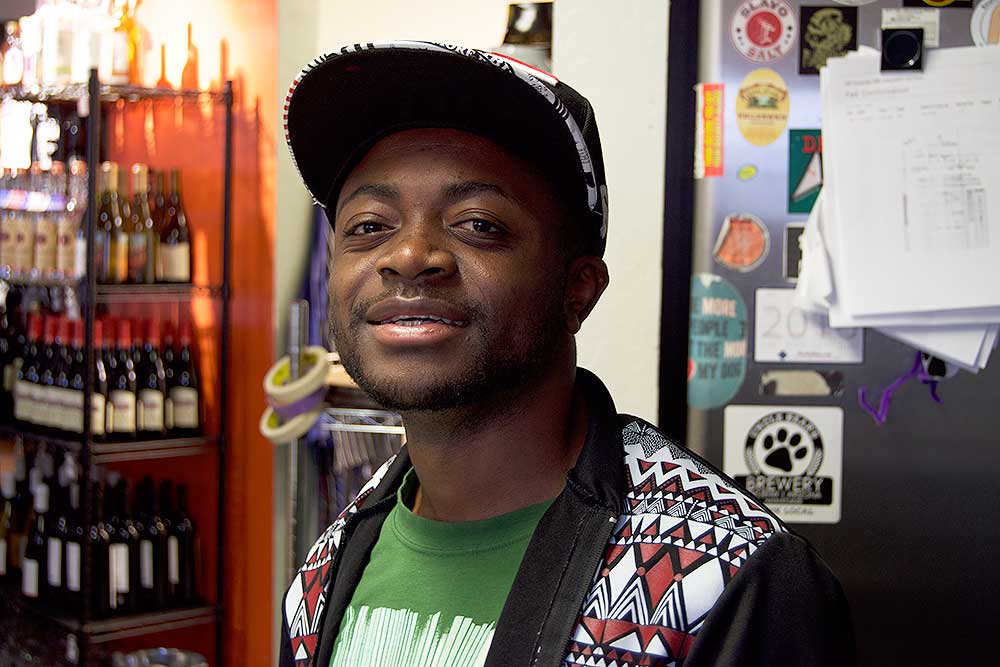by Maggie Freleng
In the 1960s farm workers in the United States began to organize and fight for better working conditions. The movement was famously led by Cesar Chavez, a farm worker turned civil rights activist born to Mexican-American parents. Jose Cortez was one of the men who was charged with protecting Chavez during his rallies in Arizona. Cortez tells us about how the farmworker movement still resonates in his life.
Humiliation in the Field
“When I first met Cesar Chavez, I was expecting to see this big tall guy, muscular, outspoken, and when I first saw him he was this little guy probably 5’2”, 5’4”,” Jose Cortez said. “He wasn’t very big and wasn’t very loud but he had a love for his people.”
Cortez said Chavez’s love for his people made him think of the love he had for his parents. Cortez’s family crossed the border from Mexico in the 1950’s when he was three years old. They initially moved to Colorado where they worked summers picking crops in the field. Later they moved to Arizona where they could work year round. This is where Cortez and his parents got involved in the farm worker movement.
Listen to "The Making of a Chavista"
“Working in the field with my parents during vacation [from school] I saw how they were treated by the owners of the fields, the bosses,” said Cortez.
“Sometimes I have a problem talking about it. It just brings tears to my eyes.” Cortez said farm workers would call his parents names like “greasers” and “wetbacks” and if they complained about their treatment or pay, the bosses would threaten to call “la migra,” or the immigration police.
“To see your parents bow their heads and to remain silent, knowing that the words they were using against them were very dehumanising… that kind of sparked and fueled my activism in later years,” said Cortez.
“To see your parents bow their heads and to remain silent, knowing that the words they were using against them were very dehumanising… that kind of sparked and fueled my activism in later years.”
Photos from Jose Cortez’s life.
In the late 1960s when Cortez was in his early 20s, he volunteered for the United Farm Workers (UFW) which is how he met one of his good friends and mentors, Gustavo Gutierrez. Gutierrez founded the Arizona chapter of the UFW in 1967. Around the same time he was also a founding member of Chicanos Por La Causa one of the largest non-profit organizations in Arizona dedicated to improving the quality of life for Mexican-Americans.
Gutierrez was close to Chavez and eventually Cortez got more involved in the farm worker movement. In the mid 70s he was recruited to do paid work for the UFW.
“[A UFW organizer] said, ‘You know what son, you got a lot of spunk and you got a lot of energy, why don’t you help us come organize?’” Cortez said. “It made me feel really good because it made me feel like, wow, they really see something in me that I’ve always felt. I’ve always felt a tremendous amount of sympathy for those who have been treated unfairly because I have been there myself and experienced it.”
Protecting Chavez
From 1975 to 1978 Cortez said he was worked full time with Chavez getting paid $30 a month as an organizer. Chavez’s followers, he said, were called “Chavistas”. During this time, Chavez and the UFW gained massive support around the country. Chavez would come to Phoenix at least every few months to rally. But as support for the movement grew, so did opposition from the farm owners and labor contractors. Chavez needed protection.
Cortez said the most trustworthy Chavistas were asked to be his bodyguards. He said Chavez never hired bodyguards. His bodyguards were his people, those that he trusted and respected.
“To be a bodyguard the most important thing is not how pretty you look or how strong you are or how fast you can run, but how dedicated you are to protecting what you believe in,” Cortez said. “Those of us that were selected were selected because we were totally dedicated to what we were doing.”
Without Chavez’s charismatic leadership Cortez said there would be no farmworker movement.
“To be a bodyguard the most important thing is not how pretty you look or how strong you are or how fast you can run, but how dedicated you are to protecting what you believe in.”
A Pioneer in Bilingual Broadcasting
As the movement continued, Chavez and other UFW organizers told Cortez he should try to make something of himself, go back to school, find a career.
“One day [Chavez] told me, ‘You know you should really be a radio announcer’,” Cortez said. “‘You’re a great organizer but imagine if you’re on radio and you could transmit those feelings to the people out there?’ And I said, ‘Well yea that would be great, Cesar, but how does a farm worker became a radio announcer?’”
About a year later Chavez helped Cortez get a $5,000 grant through a program called Migrant Opportunities. With that grant money he was able to attend the Ron Bailie School of Broadcasting. In 1980, after graduating, Cortez said he helped pioneer a bilingual radio program in Phoenix.
Eventually his passion for activism brought him back to community organizing and in the 90s he became a full time employee at Chicanos Por La Causa, the organization his mentor and friend Gustavo Gutierrez founded. Cortez worked as a Community Media Specialist for Chicanos Por La Causa doing community outreach, radio and TV programming.
When he retired from Chicanos Por La Causa, Cortez began to focus on his physical health. He suffers from diabetes and high blood pressure. His quest for physical health led him to explore spirituality as a way to heal.
Cortez is now training for a journey called The Peace and Dignity Run which goes from Alaska to Panama. He estimates it’ll last about seven months. Cortez is running it in honor of his friend Gutierrez, who is also one of its founders. Gutierrez died almost four years ago in an accident while doing this run.
Jose Cortez talks about his early days in broadcasting and a pioneering a bilingual radio program in Phoenix.
One of Cortez’s favorite training spots is Piestewa Peak, a mountain 10 minutes from downtown Phoenix. He could go anywhere to train, but he said he feels a spiritual connection to this particular place.
“It’s a place where I connect with the greater force,” he said. “For me, running has been a way of life. Some people like to pray while in church, I pray when i’m running. Every time my foot touches the ground I pray for the world, I pray for the healing of my people, for those who are suffering, for those who are struggling.”
Running from Alaska to Panama
Cortez, 68, is now training for a journey called The Peace and Dignity Run which goes from Alaska to Panama. He estimates it’ll last about seven months. Cortez is running it in honor of his friend Gutierrez, who is also one of its founders. Gutierrez died almost four years ago in an accident while doing this run.
One of Cortez’s favorite training spots is Piestewa Peak, a mountain 10 minutes from downtown Phoenix. He could go anywhere to train, but he said he feels a spiritual connection to this particular place.
“It’s a place where I connect with the greater force,” he said. “For me, running has been a way of life. Some people like to pray while in church, I pray when i’m running. Every time my foot touches the ground I pray for the world, I pray for the healing of my people, for those who are suffering, for those who are struggling.”
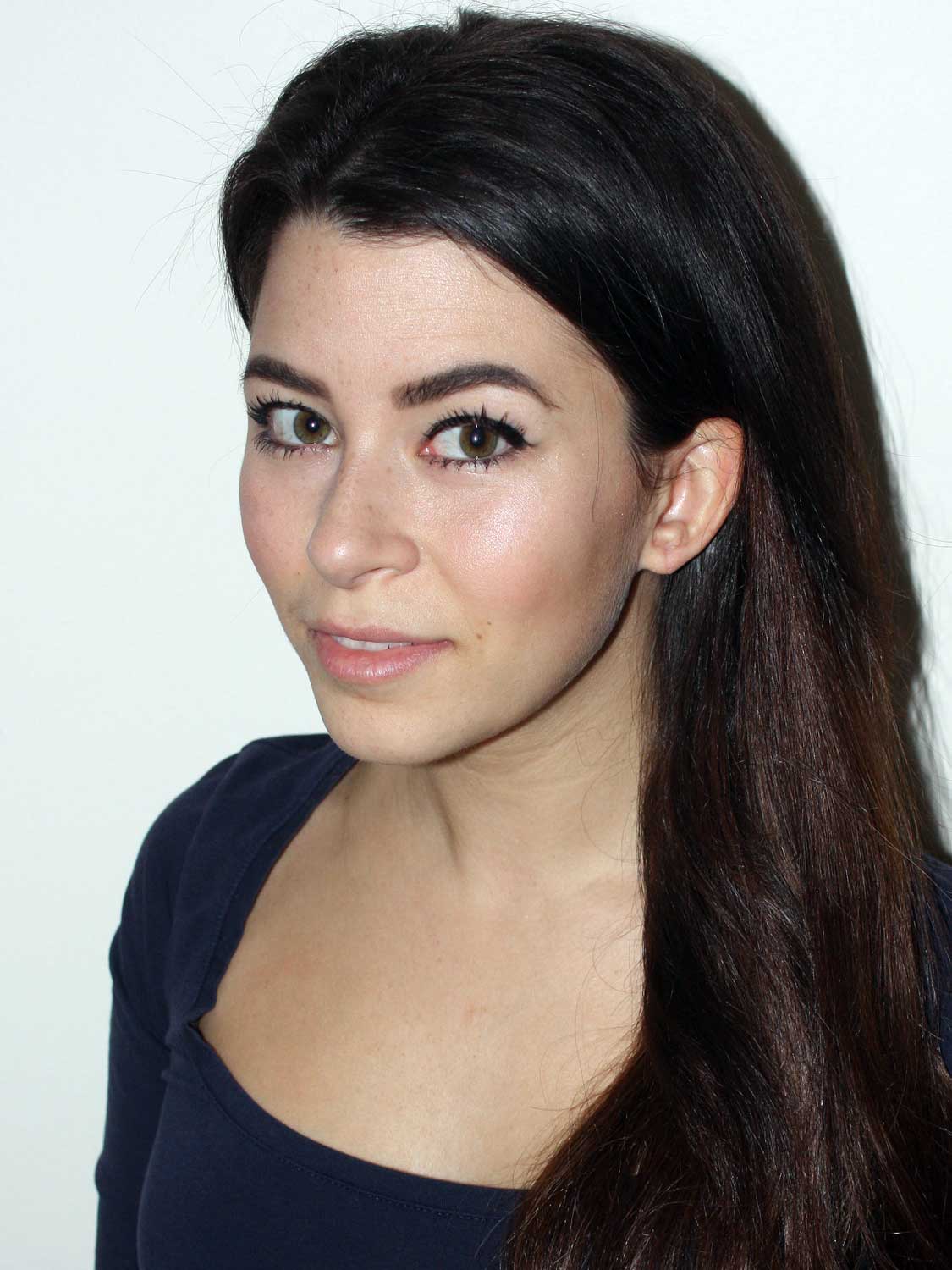
Maggie Freleng
Maggie is a multimedia journalist based in New York City focusing on mental health, social justice, women’s issues, gender and sexuality. She is a a former intern at NPR’s Latino USA and WHYY’s NewsWorks Tonight in Philadelphia.
She graduated with an M.A in Radio Broadcast and Health & Sciences from the CUNY Graduate School of Journalism in December 2015. At CUNY she was the producer Audio Files, a live hour-long radio show which aired on WHDD and WHCR.
Her work has been featured in NBC New York, NPR’S Latino USA, WHYY, Popular Science, Boston Globe, The Huffington Post, Women’s eNews and Voices of New York. She was the New York blog correspondent for Stop Street Harassment and was the production assistant at WAM! (Women, Action, and the Media).

